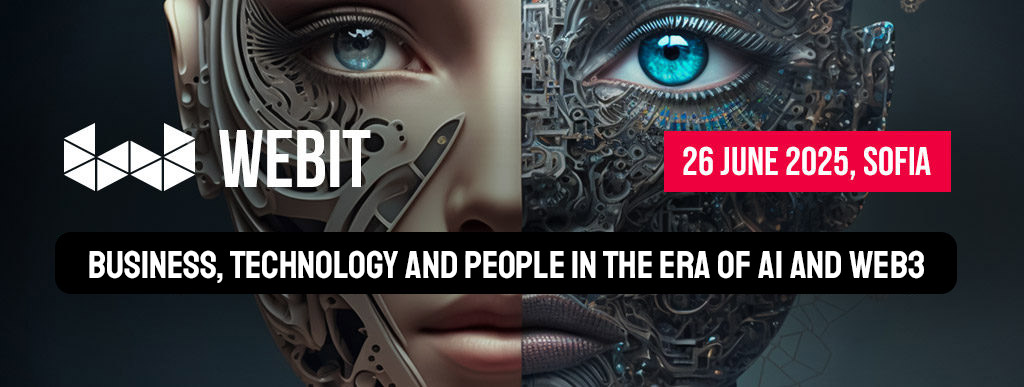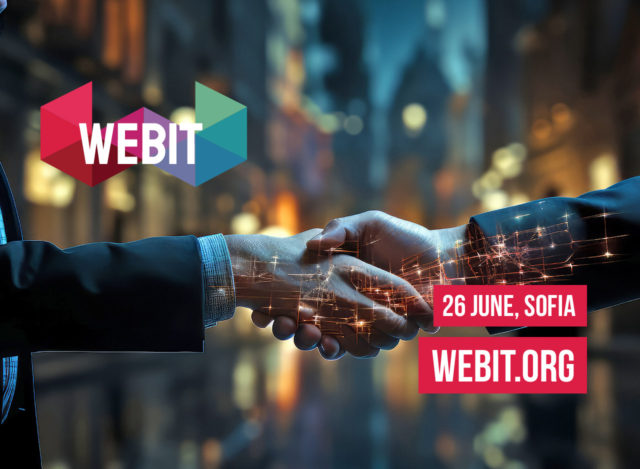As artificial intelligence (AI) becomes deeply woven into the fabric of modern business, its transformative potential is clearer than ever. From automating operations to enhancing customer experiences and accelerating strategic decisions, AI is unlocking new levels of productivity and innovation. But with great power comes great responsibility.
To ensure AI delivers long-term value, businesses must secure its future—not just in terms of infrastructure, but through a lens of trust, ethics, governance, and resilience.
The Trust Imperative
Trust is the currency of successful AI adoption. Whether it’s customers, employees, or stakeholders, people need to trust that AI systems are fair, transparent, and reliable.
- Transparency: Businesses must be able to explain how AI systems arrive at decisions. This is especially important in high-impact areas such as finance, hiring, or healthcare.
- Accountability: Clear ownership and responsibility for AI systems must be established. Who monitors performance? Who intervenes when outcomes go wrong?
- Bias and Fairness: AI models learn from data, and data can carry bias. Businesses need robust processes to detect and mitigate algorithmic bias to avoid perpetuating inequality.
Building Resilient, Responsible AI
AI is not a “set it and forget it” tool. It’s a living system that evolves, and must be governed accordingly.
- Governance Frameworks: Establish internal AI policies and oversight mechanisms to ensure models are continuously validated, monitored, and updated in line with business goals and regulatory requirements.
- Security by Design: As AI systems become critical infrastructure, they must be protected from cyber threats. Data poisoning, model theft, and adversarial attacks are real risks. Secure coding practices, access controls, and regular audits are essential.
- Data Privacy: As AI relies on vast amounts of data, organizations must prioritize data protection and compliance with regulations like GDPR and CCPA. Consent, anonymization, and minimization should be built into the AI lifecycle.
Culture and Capability: The Human Side of Securing AI
Securing AI’s future also means preparing your people.
- Upskilling and Literacy: Employees at all levels should understand the basics of AI—how it works, what it can do, and where it can fail. This promotes better collaboration between technical and business teams.
- Ethical Mindset: Embedding ethical thinking into AI development is key. Encourage multidisciplinary teams to ask not just can we do this, but should we?
- Leadership Buy-In: Executive sponsorship is critical to drive responsible AI initiatives, enforce standards, and invest in sustainable infrastructure.
Preparing for the Road Ahead
As regulatory bodies around the world begin defining rules for AI use—such as the EU AI Act—organizations must stay ahead of the curve. Proactive compliance, ethical foresight, and transparent practices will differentiate the leaders from the laggards.
The future of AI in business isn’t just about what AI can do—it’s about what it should do, and how it’s governed along the way. Securing that future means balancing innovation with responsibility.
Conclusion:
AI’s future in business is bright—but only if it’s built on a foundation of trust, ethics, and security. Organizations that invest in securing their AI systems today will not only reduce risk but also unlock deeper value and long-term competitive advantage.
Join the discussion and learn from global leaders in the industry on the 26th of June in Sofia. Webit: “Business, Technology and People in the Era of AI and Web3” is an exciting opportunity for industry leaders and experts to come together to discuss the latest t/festival-europe/index.phprends and developments in the field of Web3 & AI in Business.
Check our ticket options here:
Business, Technology and People in the era of AI and Web3

